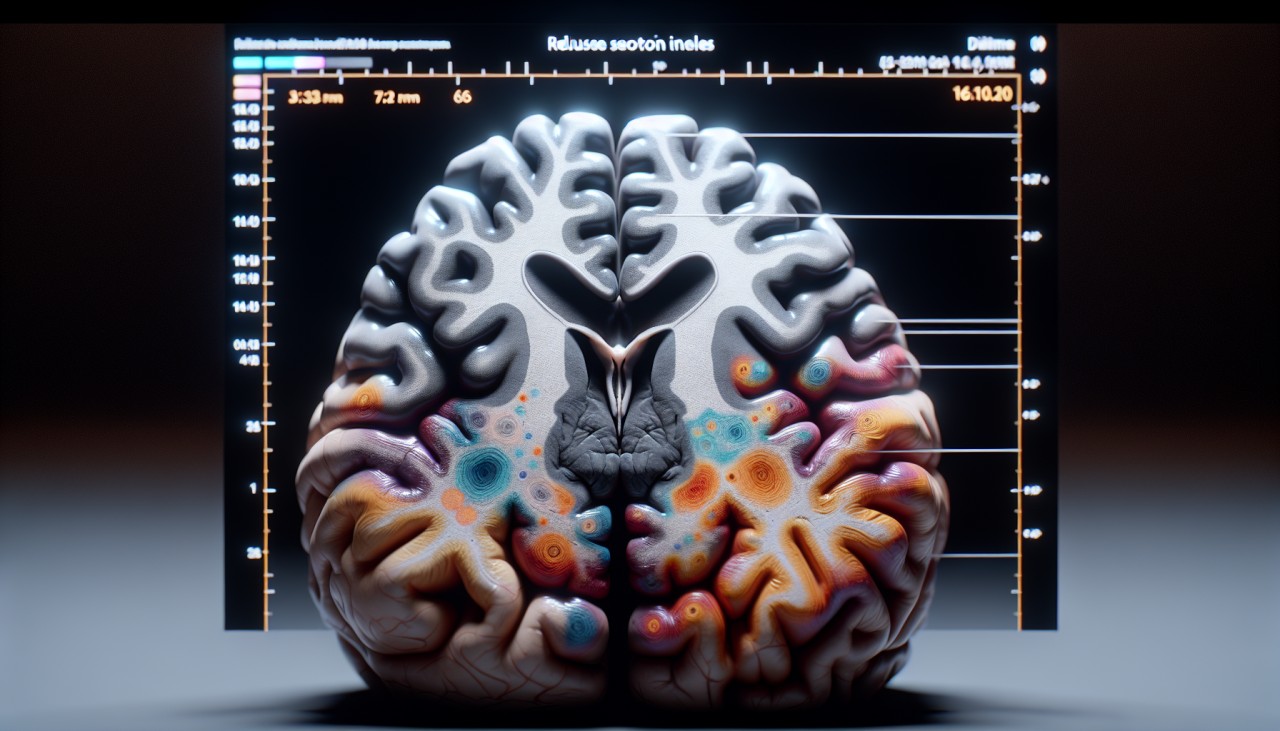Serotonin, often dubbed the "happiness hormone," is well-known for its role in regulating mood and emotions. However, emerging research from Johns Hopkins Medicine suggests that serotonin's influence extends beyond mood regulation, potentially impacting cognitive functions. In a study published in the Journal of Alzheimer's Disease, researchers observed that individuals with mild cognitive impairment (MCI) exhibited significantly lower levels of serotonin transporters in brain regions associated with memory and executive functions. This reduction in serotonin activity was linked to memory problems, even when accounting for other factors like brain structure changes and amyloid-beta protein accumulation. These findings propose that serotonin loss could be an early indicator of Alzheimer's progression, offering new avenues for early detection and intervention strategies.
The implications of this research are profound, as they challenge traditional views of Alzheimer's disease progression. Traditionally, Alzheimer's has been associated primarily with amyloid-beta plaques and tau protein tangles. The discovery of serotonin's role introduces a new dimension to understanding the disease's onset and progression. By targeting serotonin pathways, researchers may develop novel therapeutic approaches aimed at preserving cognitive function in the early stages of Alzheimer's. This could lead to treatments that not only address the hallmark features of the disease but also modulate neurotransmitter systems to maintain brain health. As research continues, the integration of serotonin-focused therapies could become a cornerstone in the fight against cognitive decline.
Key Takeaways
- Serotonin loss linked to early cognitive decline in Alzheimer's.
- Study published in the Journal of Alzheimer's Disease.
- Reduced serotonin transporters found in memory-related brain regions.
- Findings suggest new targets for early detection and intervention.
- Potential for developing serotonin-based therapeutic approaches.
Example
To support serotonin levels and potentially enhance cognitive function, consider incorporating regular physical activity into your daily routine. Exercise has been shown to boost serotonin production, which may positively influence mood and cognitive health. Activities such as brisk walking, cycling, or yoga can be both enjoyable and beneficial. Additionally, maintaining a balanced diet rich in tryptophan—a precursor to serotonin—found in foods like turkey, nuts, and seeds, can further support serotonin synthesis. Engaging in social interactions and mindfulness practices like meditation can also promote serotonin release, contributing to overall well-being.
